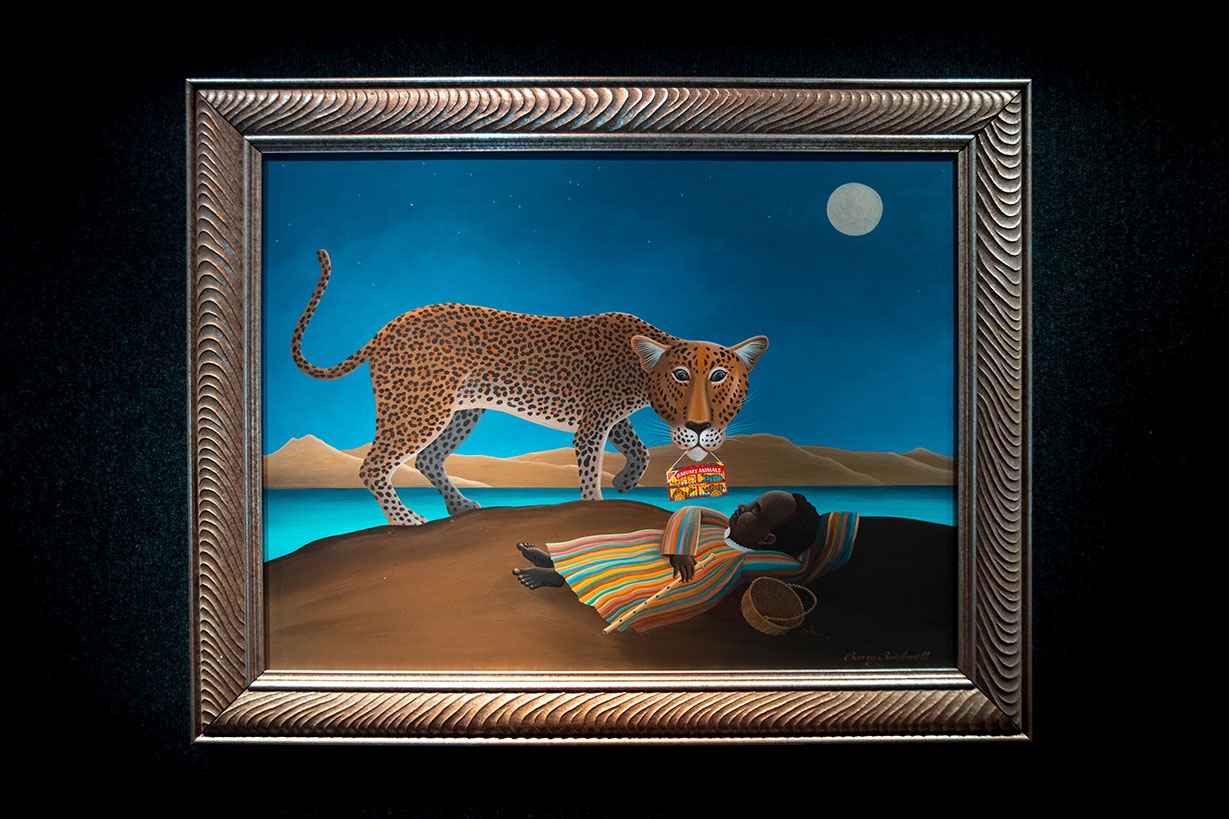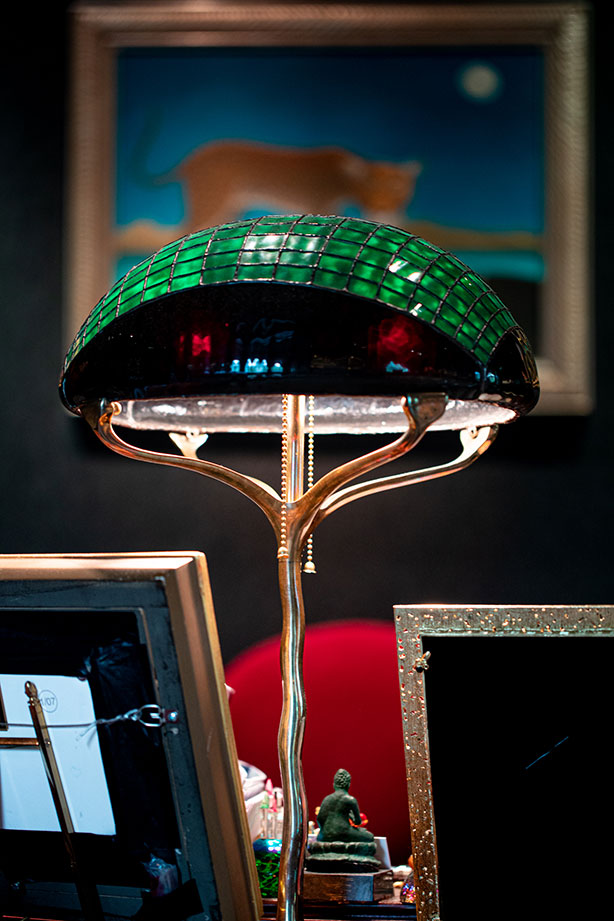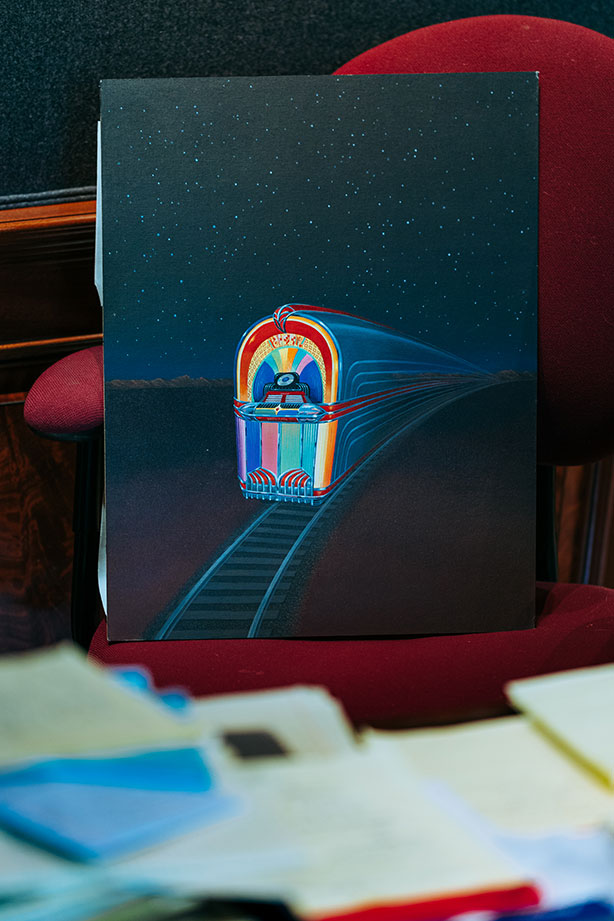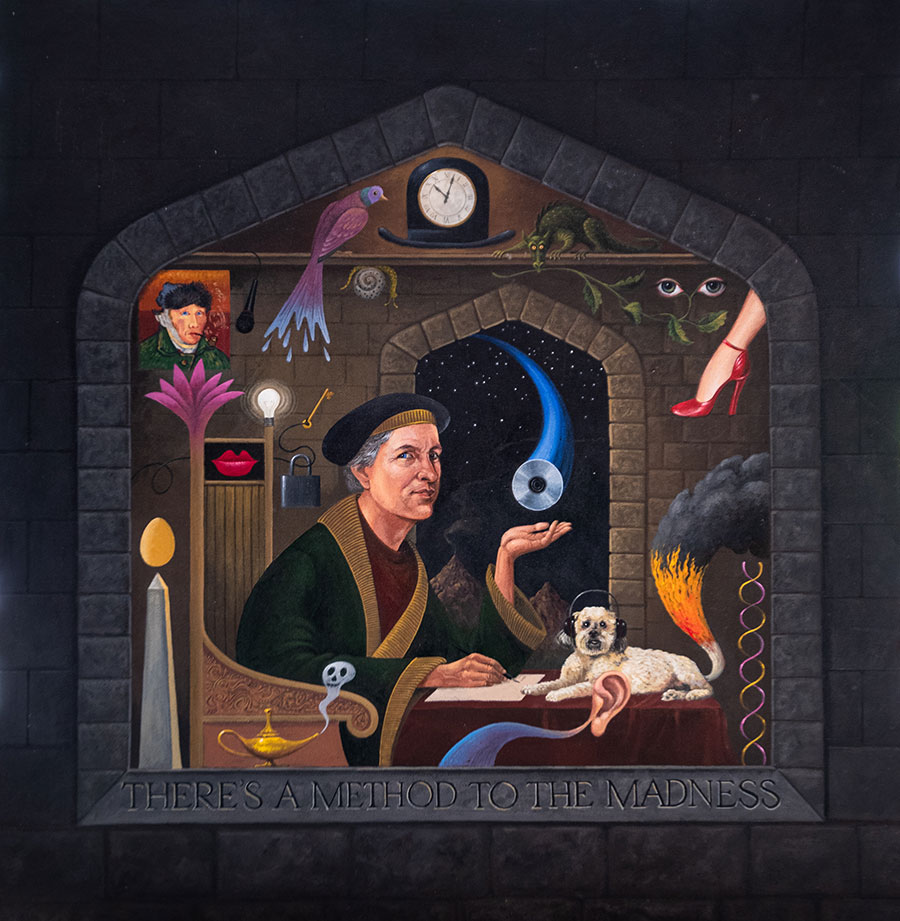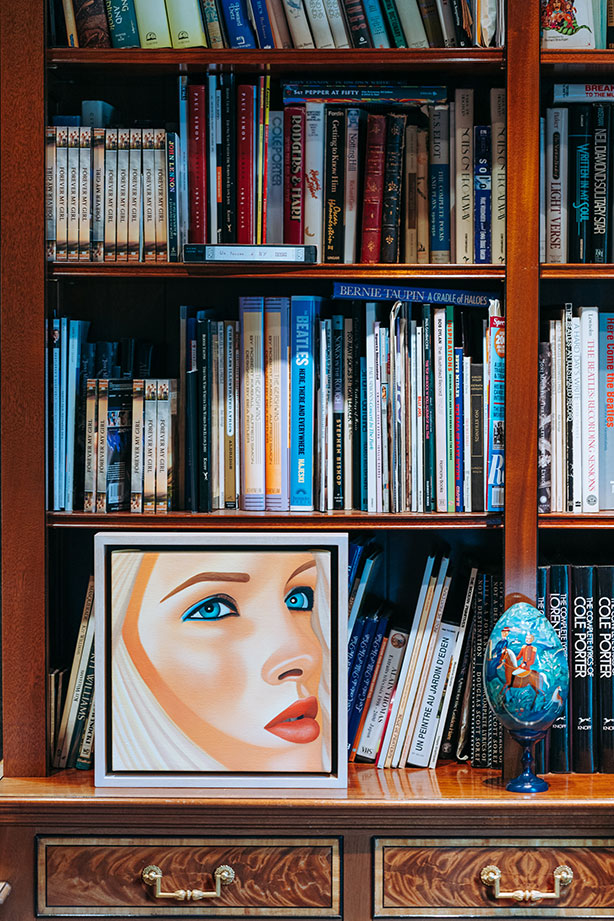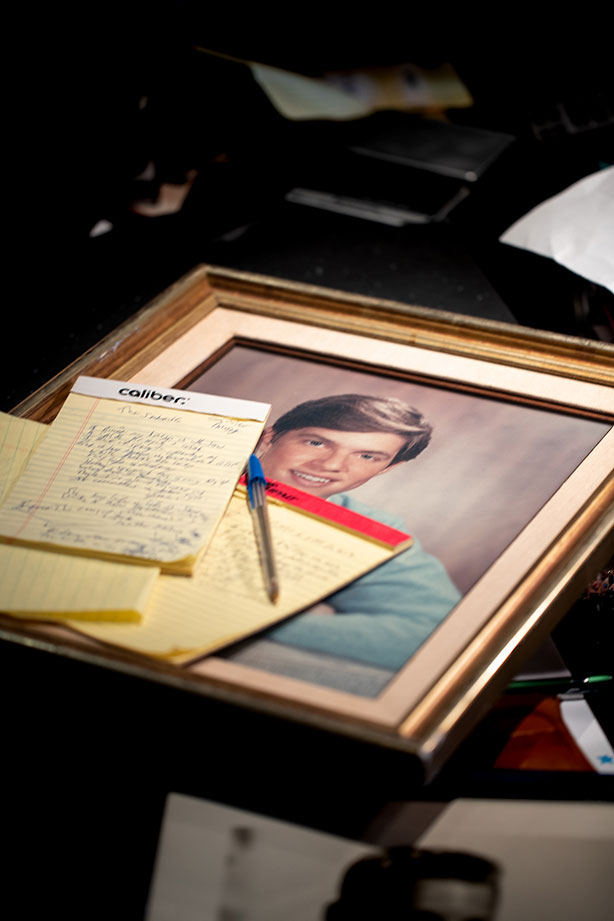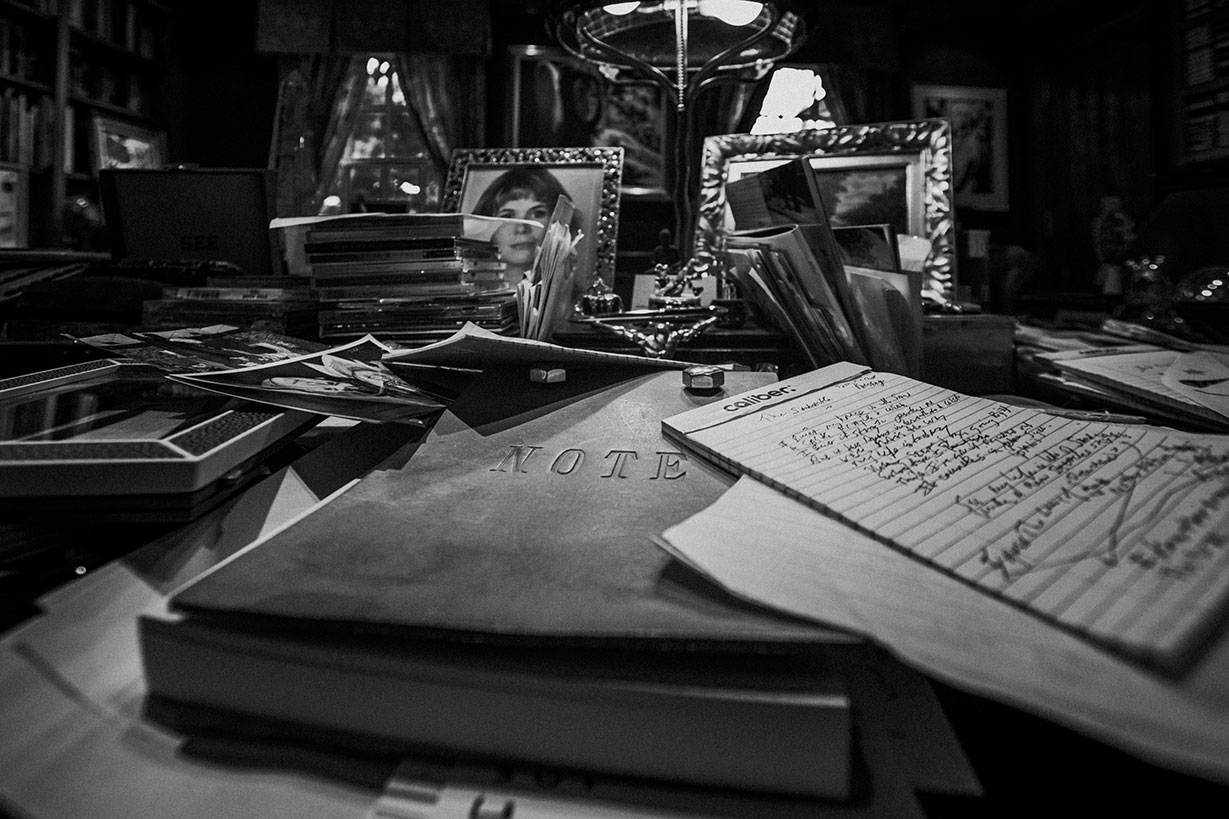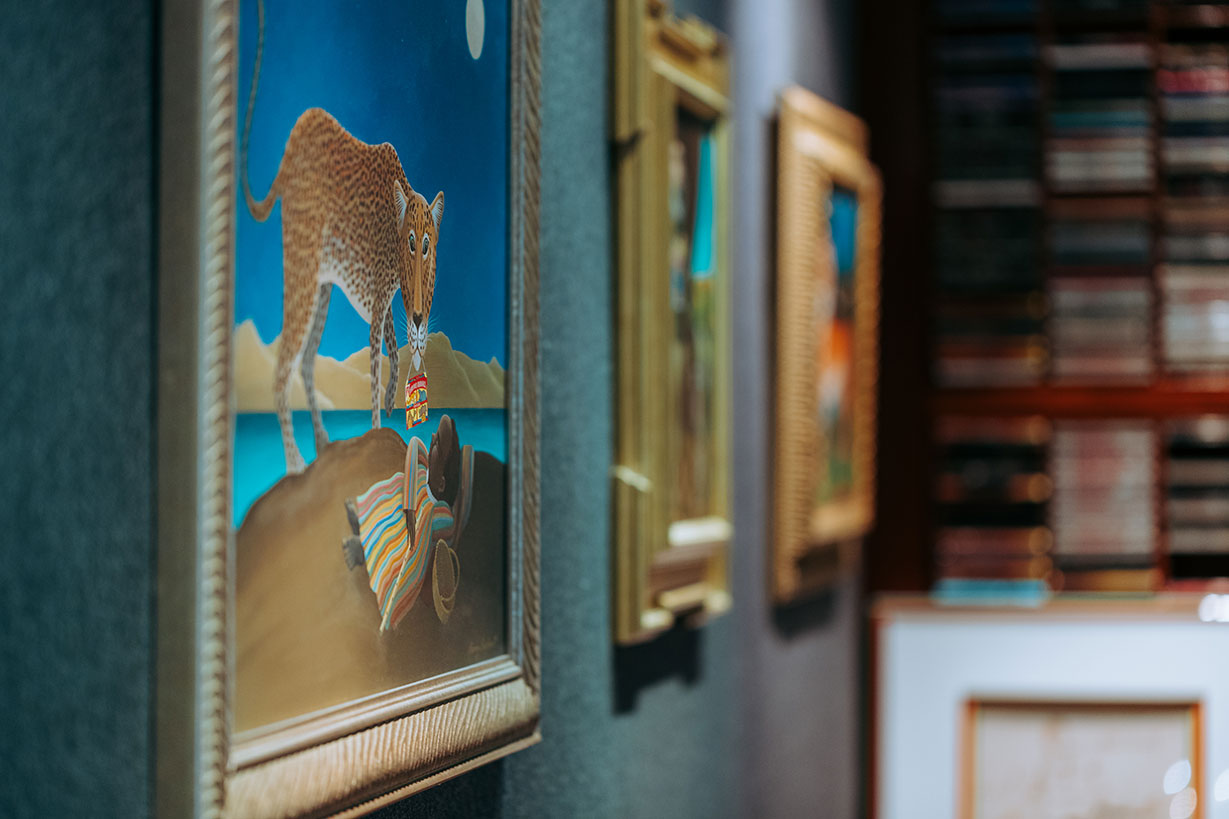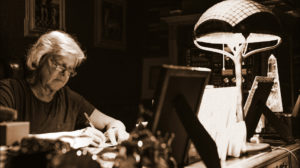About
Douglas Soref is a veteran songwriter with over 500 titles to his credit. His songs have appeared in over 65 television shows and feature films, including the current Netflix hit film “Forever My Girl”, Dawson’s Creek, Everwood, Las Vegas, Related, Starting Over, Summerland, Three Wishes, Crumbs, Love Monkey, The Office, Scrubs, Law and Order, As the World Turns, The Young and the Restless, Guiding Light, Criminal Minds, Ghost Whisperer, How I Met Your Mother, David Letterman, Samantha Who, Numbers, Swing Town, Live With Regis and Kelly, Related Godmother, Cold Case Files, King of the Hill, White Chicks, etc. Over 300 of his earlier songs are published in four available volumes: Life’s a Journey – Not a Destination (The Incomplete Lyrics of Douglas Scott Soref); its companion More Incomplete Lyrics of Douglas Scott Soref; and the booklets Slidin’ Down the Rainbow and Timeless and True.
Tinker, Tailor, Soldier, Spy. Doctor, Lawyer, Indian Chief…………. Lyrist, Lyricist… POET??? I don’t think that my Grandfather could possibly have imagined that his grandson could choose such a seemingly esoteric pursuit. My Grandfather’s early life, of necessity, had to be concerned with practical realities. The peasant uprisings surrounding the pre-Bolshevik revolution of 1905 created greater dangers and uncertainties for the citizens of Kiev as the Tsar unleashed his Cossack troops to try to quell the coming storms. The twelve year old Harry Soref fled with his father, seeking the immigrants dreams of safety, freedom and opportunity, making their way across the perilous seas, through Canada, to their destination in Milwaukee, Wisconsin. Once there, finding sanctuary, they began the desperate and urgent task of finding passage for the rest of the family, racing against time and the arbitrary and vicious thrusts of the Cossack machetes. Life was, for this father and son, for a time, literally lived on the edge of the Tsar’s sword. They prevailed, and, eventually, though it is hard to imagine how, finally managed to rescue the rest of the family. I don’t know if in Kiev, at the turn of the century, the average townsfolk had any education in Russian poetry and literature… but for my Grandfather, if any, it must have been a very remote exposure. Harry was a dreamer, though, and was regarded, from a young age, as an eccentric. Harry invented things. Harry was a tinker. He was an obsessive thinker, repetition, over and over he would think and re -think his ideas, frequently exasperating those around him. Harry was unrelenting and eventually began to acquire a stockpile of his own patents. One of his favorites was a stronger, more secure lock. He laminated layers of metal to create a practical, needed, standard product. Then, he began marketing and selling, through the paper, a “master key to fit all locks”. This had some popular appeal and Harry started receiving money in the mail until the police knocked at this door! Henceforth, he invented a laminated lock providing greater strength. A small lock and key company was formed, but Harry’s mind was restless, he didn’t want to be a businessman, and so he passed the company over to several friends who were both investors and businessmen. Harry joined the circus. He traveled with the circus, confirming his reputation as a slightly oddball character. Eventually, Harry met up with Harry Houdini, a Hungarian refugee, also from Milwaukee, and worked with the great magician helping him to develop his lock tricks. When it was time to settle down, Harry returned to Milwaukee.
My father was a businessman, amongst the best. My father was able to reacquire his fathers’ “Master Lock Company” and transformed it into, at the time, one of the most successful privately-owned companies in the country. It amazes me, to this day, that in even the most remote parts of the world, I will frequently, in a sidelong glance, catch the familiar, now almost American iconic, shape of a Master Lock. My father, Milton, was also a pedantic thinker, with the greatest attention to detail. He involved himself in every aspect of the business at every level, rolling up his sleeves and earning the loyalty of his employees. Unions were never able to infiltrate Master Lock as my father believed in paying a bit over the top and fifty years afterwards, touring the factory with my children, there were still quite a few original employees remaining. He also had an insistent eye for aesthetic balance and had the interior of the factory painted in pastel colors and decorated the factory lunchroom to make it a pleasing respite in the middle of the day. He joined the workers daily and unpretentiously, at lunch. He knew that satisfied and respected employees were a major key to his successful business.
My cousin Jeff and I, being the only male Soref heirs, were destined to take over and carry on with the family business. Unfortunately, or, fortunately, neither of us showed any interest in factory life. Milwaukee, to us, was best left behind with skid marks, seen from the rear-view mirror, viewed thereafter with or under a microscope only at Thanksgiving.
The generational circle was forming its arc. An old friend of the family, a self-made immigrant, once paraphrased an old Chinese proverb as he observed his children’s lives taking shape; “First generation toils in the soil, second generation cultivates the tree, third generation sits in the shade.” This can otherwise, and with a more positive spin, be seen as “Old man works with his hands so that his son can cultivate his brain, so that his son will have the time to be an artist.” The ease of a life “sitting in the shade” is always a danger for those born to privilege. Woe to those who take that path of least resistance and lack of appreciation; it has led many to a final deathbed despair. That would be Hell, realized. Sometimes, that thought seemed to hover and haunt me like the grim reaper. Not that I have ever begrudged anyone or denied myself the joys and pleasures of life, they are to be taken as they come and savored. But, from a very early age, I felt a stronger imperative. I was always the kid who gazed out the window, the student the teacher was always calling back from thoughts that wandered in and pulled me far from the classroom.
For the depth of his romanticism, I have always been inspired by and idolized the master Lyrist, who called himself a Librettist and settled, accused, of being a Lyricist; the great Alan Jay Lerner. Late in life, he addressed an audience and stated “Fundamentally I suppose I’m more interested in the dreams of Man, which are eternal, than in the temporary perversions of those dreams called reality”. I knew, from as far back as I can remember, without particular effort or intent, (more like what the real definition of is, is, and mine were!), my thoughts and interests were drawn to what Mr. Lerner described as the “dreams of Man”. Put it this way; there wasn’t a chance that I would be a Doctor or a Lawyer or… President of Master Lock Company.
I wanted to take the piece of the shade that was bequeathed to me, and cast my own light.
 Even if we take all actions to avoid it, the difficult, the bad and the ugly do, from time to time rear their heads in life. When they do, I try to do the best I can.. (as my mother-in-law echoes wisely, “Anything can happen to anyone at anytime, so it is not what happens to us that matters, all that matters is how we deal with what happens to us”). But otherwise, I find inspiration in those for whom the daily quest for goodness and beauty and love, are of prime concern, even in very small ways. This is not particularly fashionable in these days, where it is esteemed to be facile with cynicism and sarcasm. The race has been on for a while to see who can be more profane, violent, pornographic and ugly, gross and grosser, dumb and dumber. The more one demonstrates these qualities it seems, the more our society rewards them. I observe people becoming numb and number. That is the real scourge of our time. I am a real rebel of a sort. I unabashedly resist this trend.
Even if we take all actions to avoid it, the difficult, the bad and the ugly do, from time to time rear their heads in life. When they do, I try to do the best I can.. (as my mother-in-law echoes wisely, “Anything can happen to anyone at anytime, so it is not what happens to us that matters, all that matters is how we deal with what happens to us”). But otherwise, I find inspiration in those for whom the daily quest for goodness and beauty and love, are of prime concern, even in very small ways. This is not particularly fashionable in these days, where it is esteemed to be facile with cynicism and sarcasm. The race has been on for a while to see who can be more profane, violent, pornographic and ugly, gross and grosser, dumb and dumber. The more one demonstrates these qualities it seems, the more our society rewards them. I observe people becoming numb and number. That is the real scourge of our time. I am a real rebel of a sort. I unabashedly resist this trend.
Poetry, and all that pertains to love in particular, uplifts the soul. Even in its agonies and torture, by its mere presence, elevates the human spirit as distinct and unique from everything else while at the same time revealing our common humanity. Love, in its endless variety, offers us an infinite canvas in which to discover its intricacies. “My house has many mansions” has transformed, to me, into a well of words, taunting me endlessly to find another arrangement that completes another puzzle of love. There is never a solution just new bits and pieces that wake me in the middle of the night compelling me to custom clip and tailor them to make a more perfect fit. Some words get along well right away and others must be labored over. I too, as my father and grandfather before me, tend to be an obsessive thinker and it is words that hold, for me, a compelling fascination and challenge, perhaps not unlike the sculptor who attacks his marble; desperate to reveal its secret meaning. Poetry is not an esoteric pursuit; it is a vehicle to the lifeblood of the spirit.
It is the fool who forgets the fact that as billions and billions of stories of love have unfolded through the ages… when it happens to you, it is as if it had never happened to anyone else, ever before. Love is a renewal and reaffirmation of life. Love is believing in life. Whether one wants to admit it or not, all human souls crave and seek love. True love transcends all and makes one impervious to the temporary nature of our earthly existence. In this way, love is the universal religion. Love is my religion.


